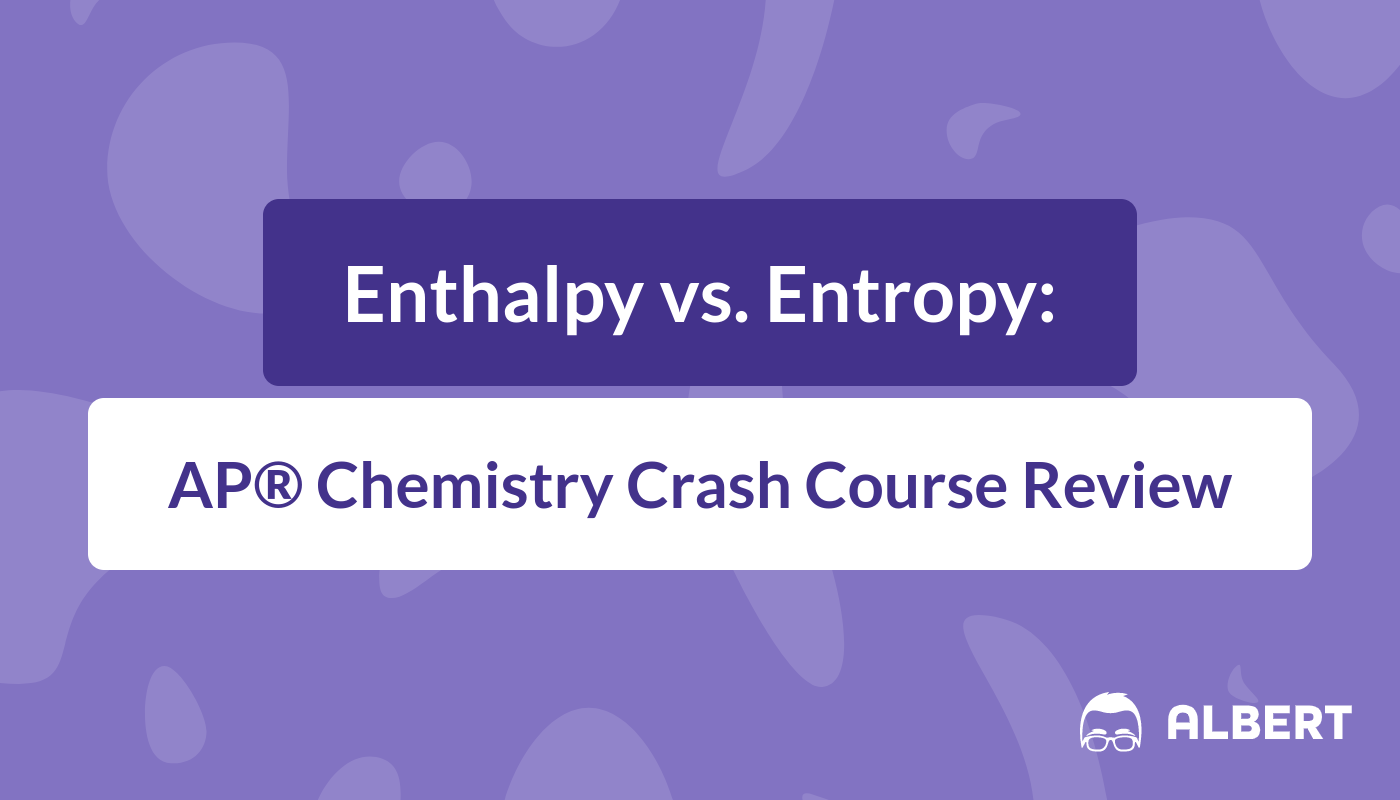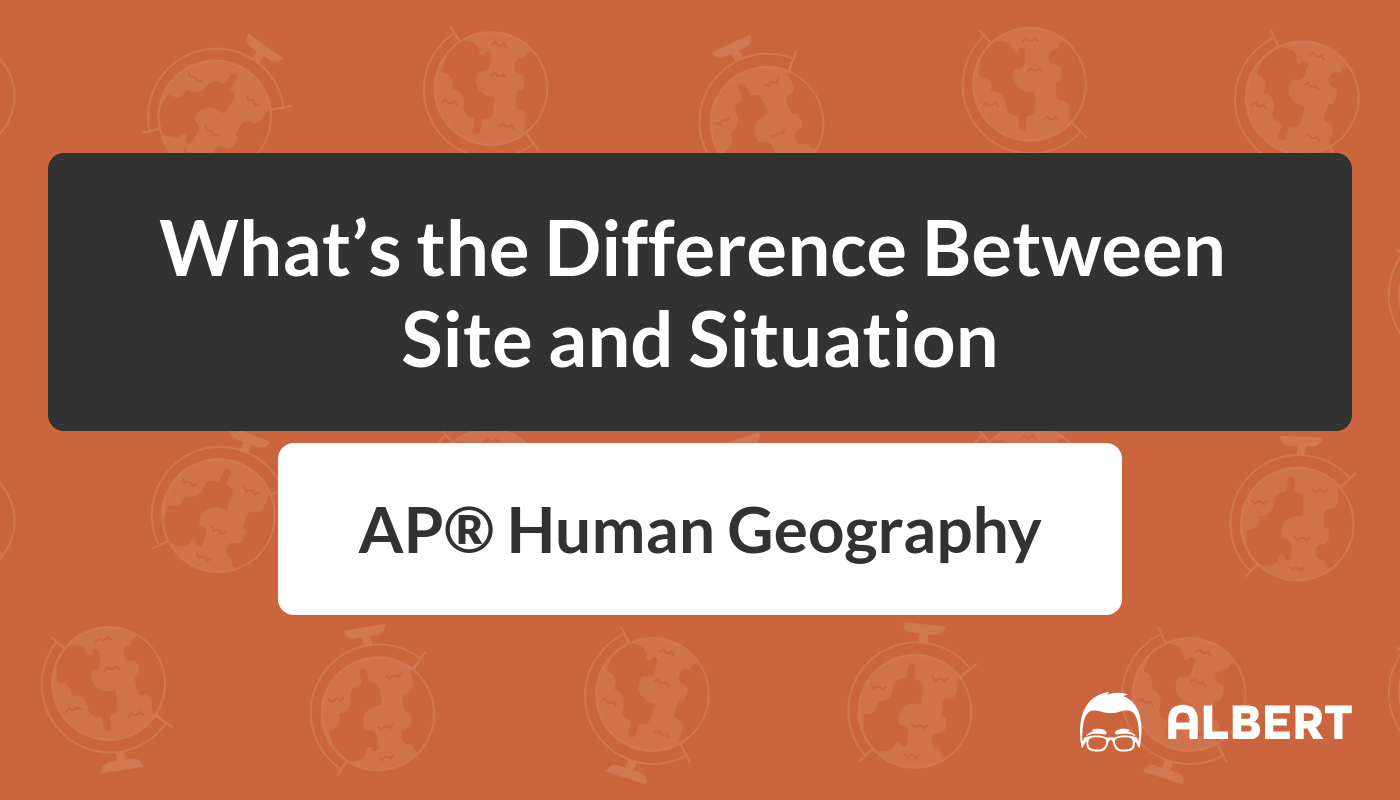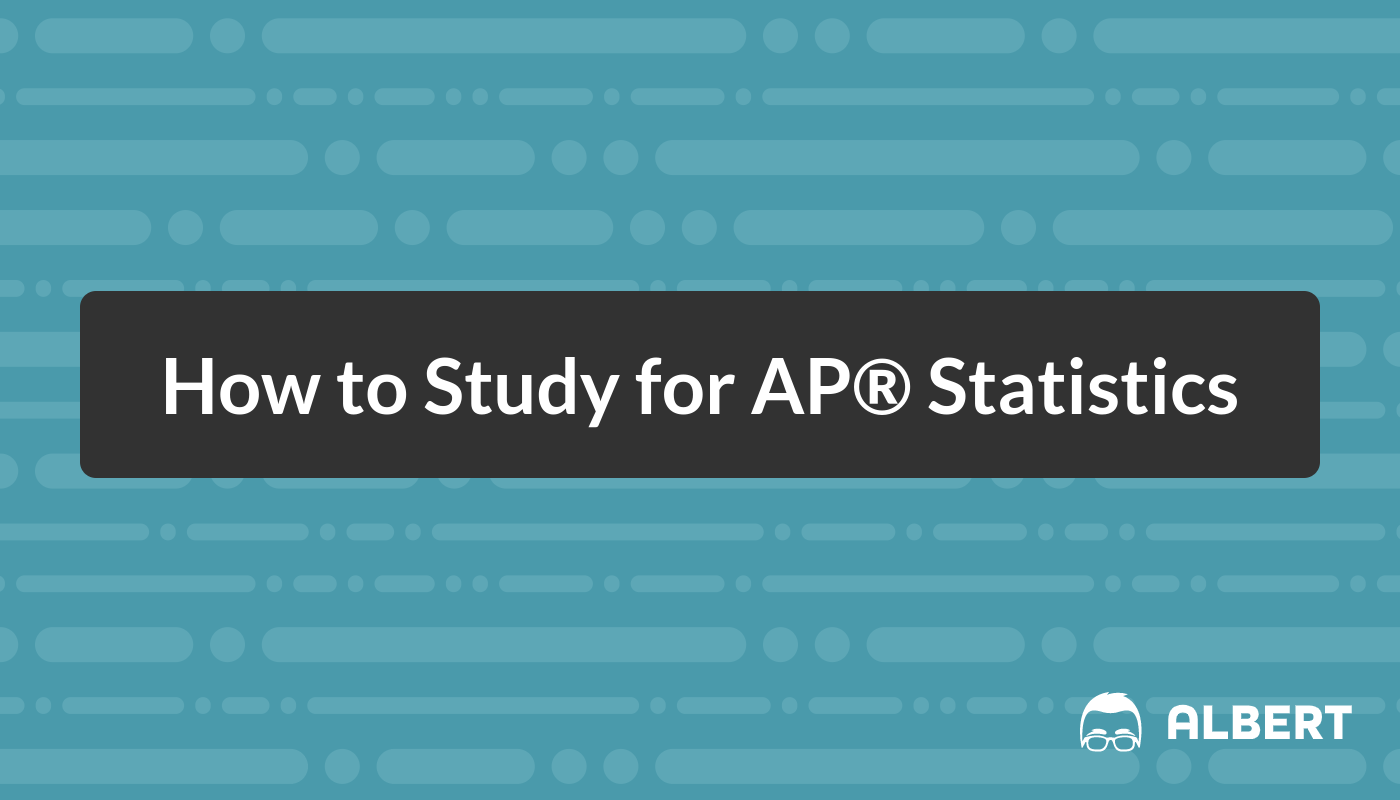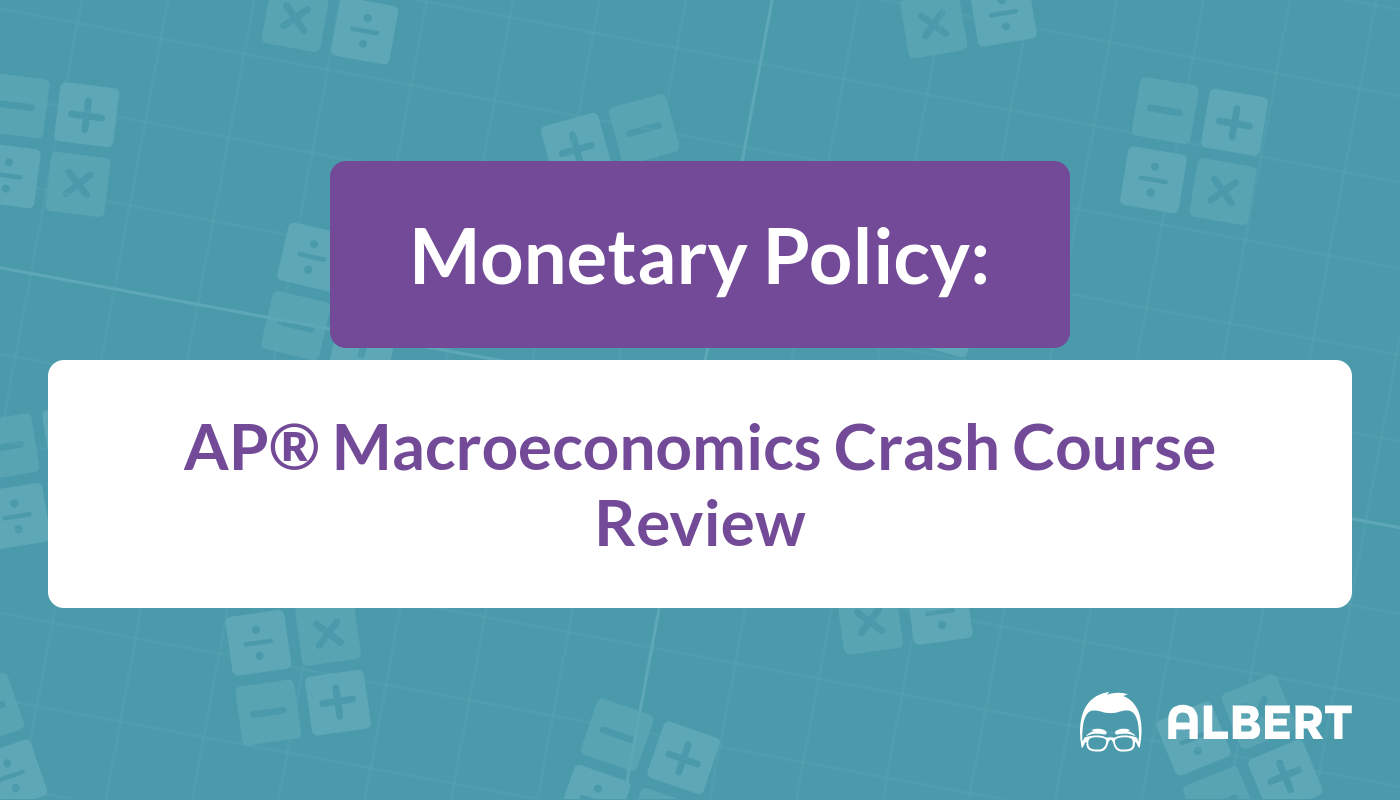Enthalpy vs. Entropy: AP® Chemistry Crash Course Review
When you get to the thermodynamics section of AP® Chemistry, one of the hardest things to remember is the definition of enthalpy vs. entropy. This tutorial explains the theory behind enthalpy and entropy using the laws of thermodynamics. Then we will talk about the definition of enthalpy and how to calculate it, using enthalpy practice questions.










